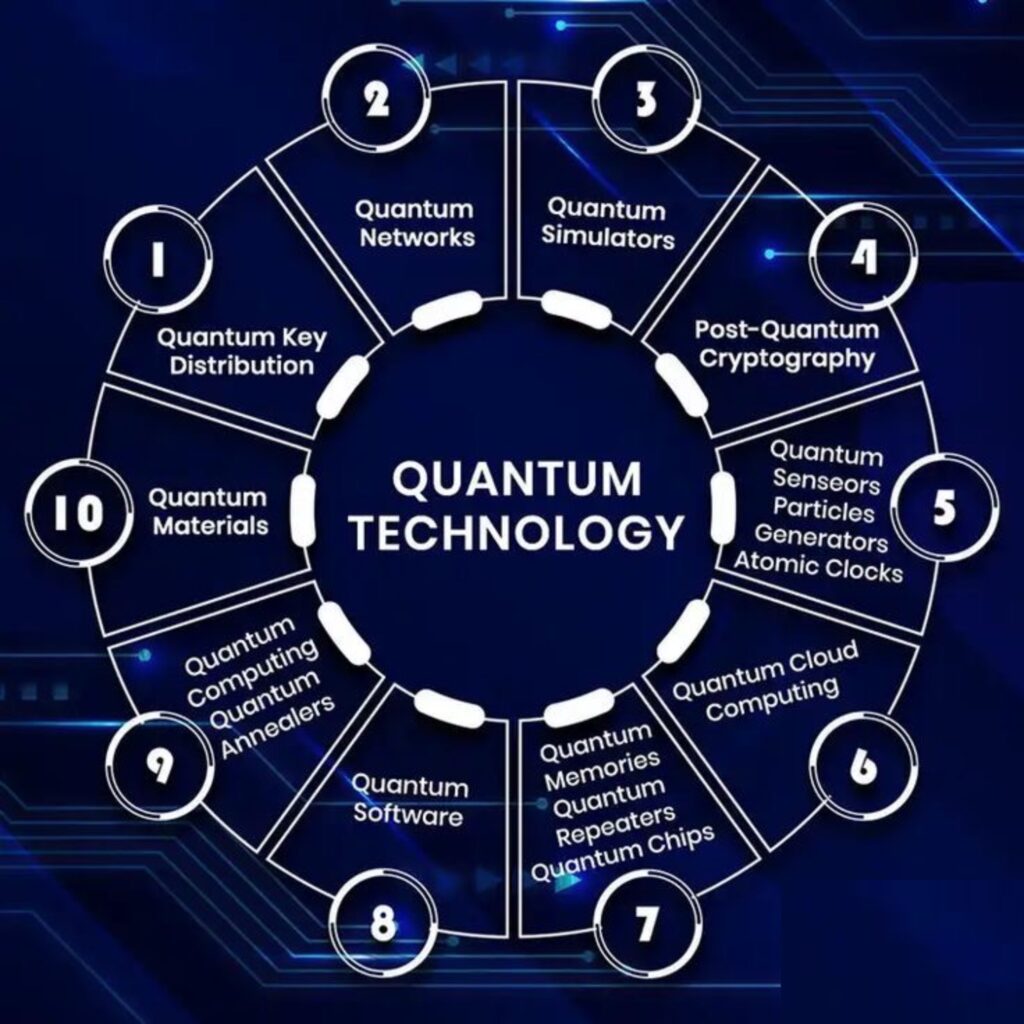In a major scientific milestone, Indian researchers have successfully demonstrated secure quantum communication—a futuristic technology that may soon redefine how information is transmitted and protected across the country and beyond.

The groundbreaking experiment, led by a team of Indian scientists, marked the first successful integration of quantum communication alongside conventional data transmission methods, proving that both can co-exist on the same network. This paves the way for a more secure and advanced digital infrastructure, especially crucial for sectors like defense, banking, and governance.
🧬 What Is Quantum Communication?

Quantum communication uses the principles of quantum physics to ensure that data shared between two parties is completely secure. Unlike traditional methods, which can be hacked or intercepted, quantum communication uses qubits—units of quantum information that collapse if tampered with—making eavesdropping nearly impossible.
📡 The Indian Experiment

Using standard optical fiber cables, scientists were able to transmit quantum-encrypted information over a significant distance without signal degradation. Even more impressive, this was done without needing to halt or disrupt existing classical communication lines.
This means that India can potentially integrate quantum communication into current digital systems without building a whole new infrastructure—saving both time and resources.
🇮🇳 Why This Matters for India

India has been steadily investing in quantum technologies, with this success acting as a springboard toward a secure and self-reliant digital future. The government’s National Mission on Quantum Technologies and Applications (NM-QTA) is targeting breakthroughs in quantum computing, sensors, and encrypted communication by 2030.
With cyber threats growing more complex, quantum communication could offer India a massive edge in cybersecurity—especially for sensitive information in defense and intelligence.
🔮 What Comes Next?

The successful experiment is expected to accelerate the rollout of quantum key distribution (QKD) systems in government networks, banks, and military communication lines. Scientists are also working on building India’s first quantum internet, where information would travel faster, safer, and smarter.
Quantum communication isn’t science fiction anymore — it’s India’s next big leap. And with this achievement, the nation moves closer to becoming a global powerhouse in secure, futuristic communication.
